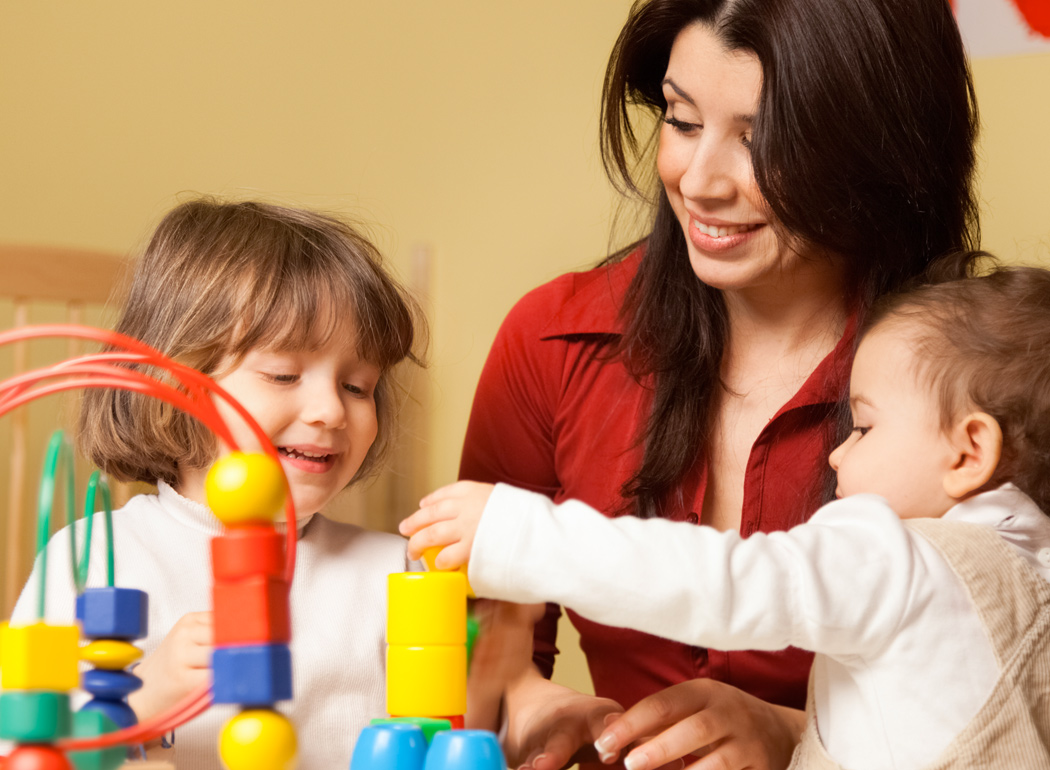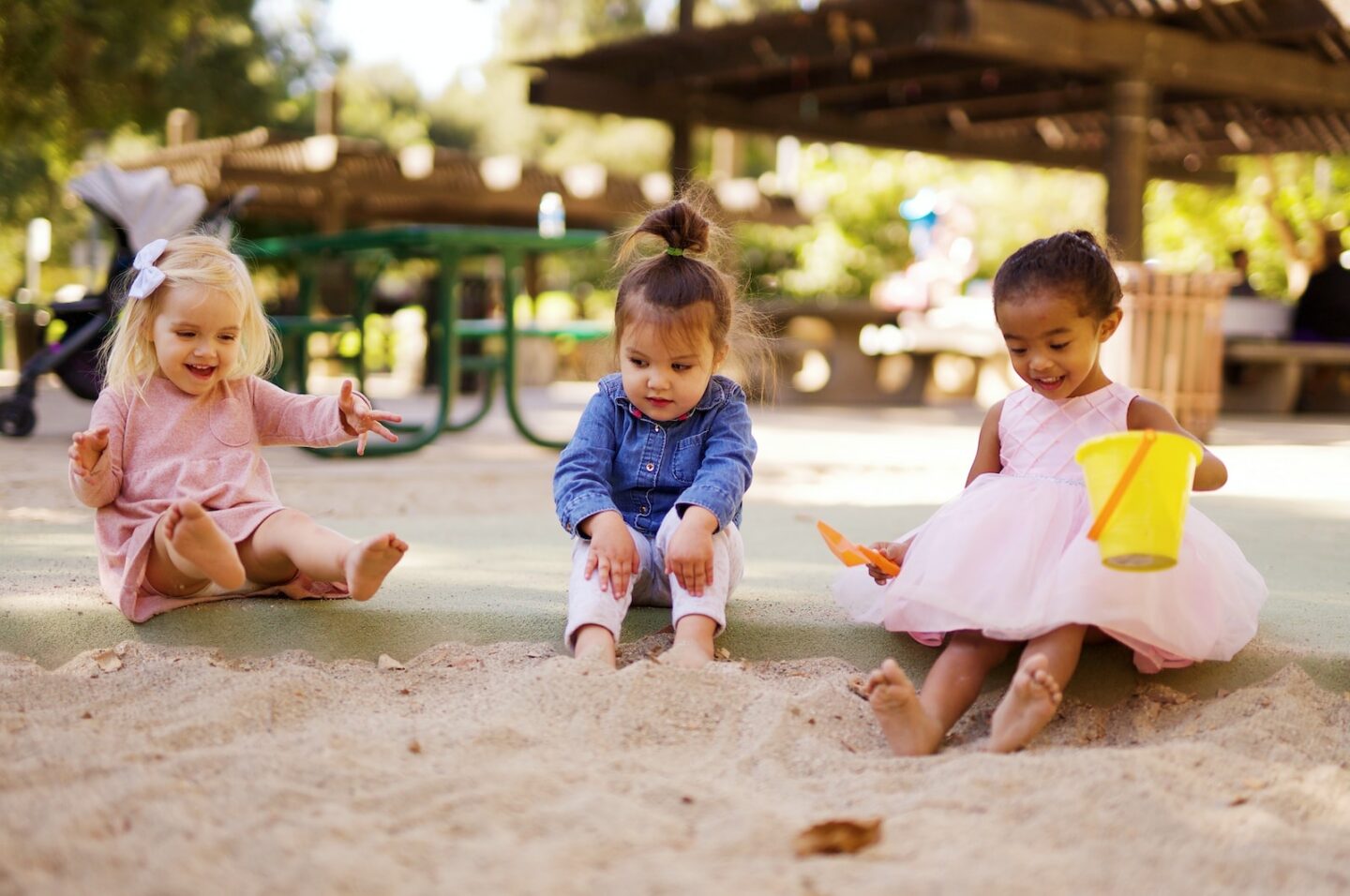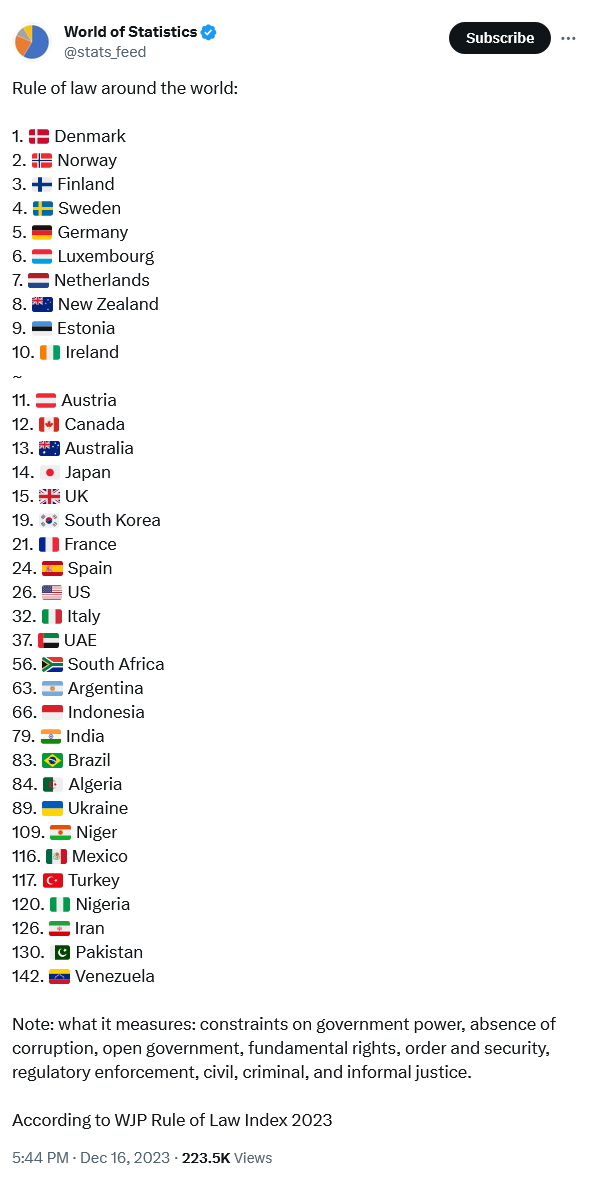Early Childhood Education: Nurturing the Seeds of Success
Introduction
Early childhood education (ECE) stands as a strategic investment in a child's future, serving as the bedrock for lifelong learning, personal growth, and societal well-being. This exploration delves into the profound impact of early childhood education, elucidating its role in laying the foundation for cognitive, social, and emotional development, and shaping the trajectory for future success.
The Significance of Early Years
The early years, spanning from birth to eight years of age, form a pivotal phase of extraordinary growth and development. Marked by heightened receptivity and a fervent curiosity to explore, these years are instrumental in shaping the neural connections that become the seeds of future success.
Brain Development: The Foundation of Learning
The early years witness an unparalleled pace of brain development, with millions of neural connections forming every second. These connections serve as the building blocks for language acquisition, problem-solving skills, and information processing. Quality ECE programs provide an environment that optimally fosters brain development, ensuring children realize their full cognitive potential.
Social and Emotional Development: Nurturing Well-being
Integral to early childhood education is the cultivation of social and emotional skills. Through interactions with peers, children learn communication, cooperation, emotional regulation, and empathy. These skills lay the groundwork for building healthy relationships and navigating the intricate landscape of emotional well-being.
Educational Preparation: Paving the Path for Academic Success
ECE programs act as precursors for academic triumph by introducing foundational literacy and numeracy skills. Storytelling, rhyming games, and hands-on activities become the conduits through which children develop the early language and mathematical proficiency essential for their future academic journeys.
Closing Achievement Gaps: Promoting Equity and Justice
The power of early childhood education extends to closing achievement gaps rooted in socio-economic disparities. By providing access to high-quality learning experiences, ECE becomes a catalyst for equity in education and social justice, ensuring equal opportunities for success irrespective of a child's background.
Long-term Impact: Investing in a Bright Future
The enduring impact of investing in early childhood education becomes evident in long-term outcomes. Children participating in high-quality ECE programs are statistically more likely to graduate from high school, pursue higher education, and secure stable employment. These positive outcomes contribute not only to individual success but also to the strength of the economy and the fabric of a just and equitable society.
Preparing for the Future: Nurturing 21st Century Skills
In the dynamic landscape of the 21st century, critical thinking, problem-solving, and adaptability take center stage. Early childhood education lays the foundation for these essential skills by fostering discovery, creativity, and independent thinking, enabling children to approach challenges with resilience.
Innovation and Creativity: Fostering a Spirit of Ingenuity
ECE programs prioritizing creativity and innovation empower children to thrive in a rapidly changing world. Through hands-on activities and exposure to diverse perspectives, children develop the skills and confidence to think innovatively, generate new ideas, and approach problems with a spirit of ingenuity.
Parent Involvement and Support: A Collaborative Partnership
Early childhood education thrives on a collaborative partnership between educators, parents, and caregivers. Involving parents in their child's learning journey strengthens family bonds, equips parents with tools for supporting development at home, and fosters positive parent-child interactions.
Building Stronger Families: A Foundation for Lifelong Learning
High-quality ECE programs create a sense of community, offering families a network of resources and guidance. This not only supports children's learning but also profoundly impacts parents' well-being, confidence in their parenting abilities, and overall family dynamics, creating an environment conducive to lifelong learning.
The Role of Teachers: Nurturing Growth and Development
Central to the success of early childhood education are the educators who play a pivotal role in nurturing children's growth and development. These skilled and compassionate teachers create environments that stimulate and support children's early learning experiences.
In conclusion, early childhood education emerges as an enduring investment in the future. From the early years to addressing achievement gaps, preparing for the future, involving parents, and fostering skilled teachers, the multifaceted impact reverberates across generations. By investing in these formative experiences, we plant the seeds for a future where every child is equipped with the tools, skills, and passion for learning that transcend time and transform lives.
Early Childhood Education, Child Development, Brain Development, Social and Emotional Development, Educational Preparation, Achievement Gaps, Future Skills, Parent Involvement, Teachers, Investment in Early Learning
Early childhood education lays a solid foundation for lifelong learning, promoting cognitive, social, and emotional development, preparing children for academic success and personal growth.
#EarlyChildhoodEducation #ChildDevelopment #BrainDevelopment #SocialEmotionalDevelopment #EducationalPreparation #AchievementGaps #FutureSkills #ParentInvolvement #Teachers #EarlyLearningInvestment















